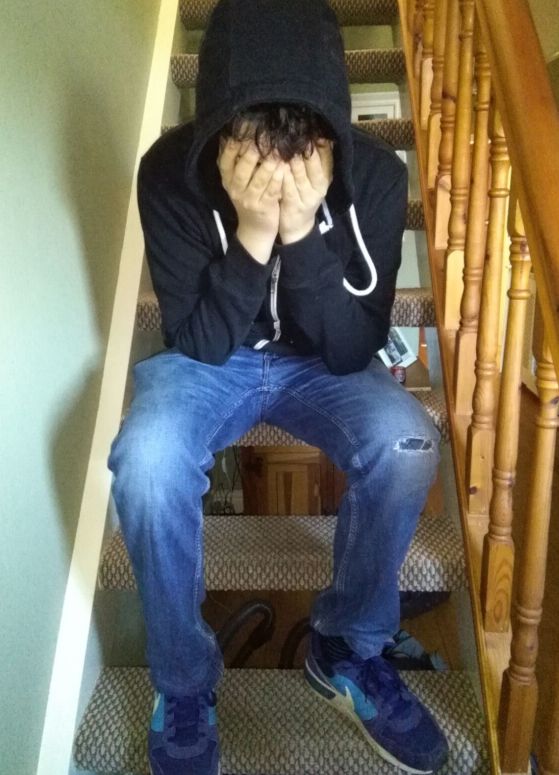Child to Parent Violence, Abuse, Aggression and Hostility
Most, if not all, parents will face – at some time or other -a response or a reaction from their child that leaves them feeling powerless and uncertain about what to do. Take the oft-seen scenario in the supermarket - the child lying face down, howling because she is not allowed to get a new toy or a treat. Or in a cafe, when a toddler up-turns a plate of food because he did not get what he wants. These are common occurrences that parents rarely escape. Power struggles, demands, refusals to co-operate are all part and parcel of normal family life in the early years. As children grow and develop into young adults, they may continue to challenge, to refuse to co-operate and to make unrealistic demands. However, displays of behaviour described above are experienced very differently when they come from an older child. When faced with a ten year old or a fourteen year old child who is throwing a plate against a wall in temper, kicking or punching parents and younger siblings or threatening violence if their demands are not met – the experience and the outcome is very different.
We can differentiate between normal challenging behaviour and child to parent violence when we find that the child has assumed more power than is appropriate for his age and when he uses that power to hurt, threaten or intimidate in order to have his demands met. As with any form of violence, there are varying degrees. In some cases, the behaviour consists of shouting, threatening and door slamming on a regular basis – resulting in parents and siblings altering what they do, where they go and how they interact with the child. However, parents have also reported exceptional levels of violence from their child – resulting in serious injury to a parent or significant damage to property.
By the time parents seek help, it is likely that they will have endured these behaviours for a significant period of time. Seeking help outside the family can be very difficult for parents – as it generally is in other forms of family violence. Parents are often very distressed and find it difficult to understand how they reached this point – where they are living in fear of their child’s next outburst. In an attempt to stave off any conflict, parents may be submitting to demands from their child and giving him more money and other privileges to “keep him quiet”. The pattern appears to be one where the parent veers from attempting to control the child’s behaviour (with various sanctions – withdrawal of money, WiFi, consoles etc.) to putting up with difficult behaviour and demands in an attempt to avoid further outbursts.
The Non-Violent Resistance programme (NVR) is being used across Ireland and further afield to help parents and practitioners to bring an end to child to parent violence. This programme has proven to be very effective in ending child to parent violence in families while building better relationships.
"He's been demanding and difficult for years - but last night he raised his fist to me and I was really scared."
"She wanted the television and when her brother refused, she really hurt him."
"I wouldn't give him money - he punched me in the arm."
"The verbal abuse is dreadful - how can she say such hurtful things to her Mother?"
